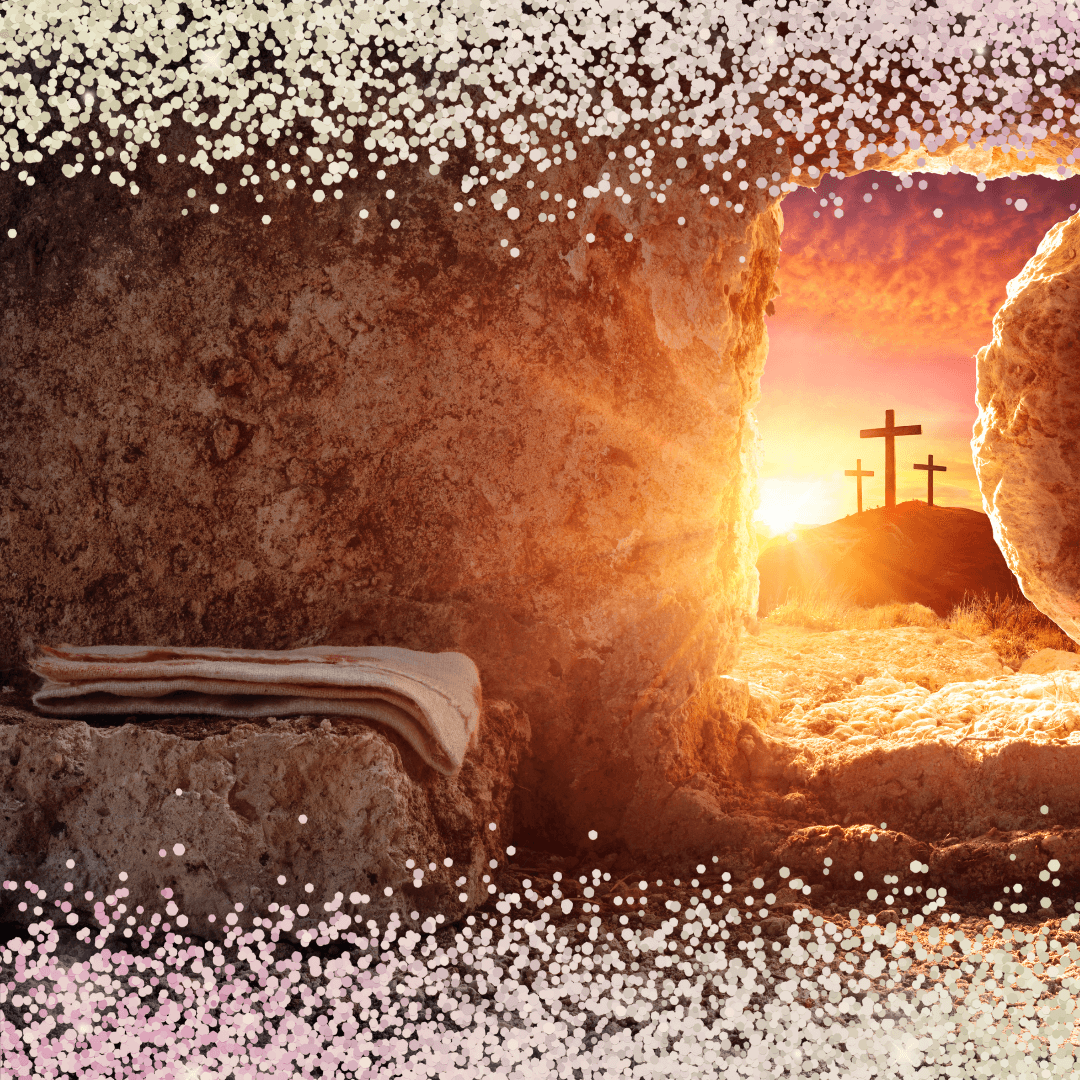“Why do American Christians always sing happy songs?” Daoud wondered.
He and I are writing a book together: Mountain Faith: Afghans, Culture, and Jesus. He has been a Jesus-follower for four years.
Lament is a significant motif in the Bible. Hosea, Amos, and Habbakuk lament oppression, slavery, and injustice. Hannah laments barrenness. Job laments disease and loss. David and Jonah lament personal sin. Who needs songs of lament more than Afghans? Refugees’ sponsors encourage them to get busy, achieve goals and success, and be happy. If there were losses, let the wounds scab over quickly.
But it takes time to heal. It takes time to honor who and what was lost. Afghans may need to stand inarticulately before the God who is eternal, who hears their lament in its incomprehensibility, who Himself voluntarily entered into the suffering of the world. God is present for the wordless. In his time, He will give words and music. Then some great Afghan Christian songs of lament may be born.
Meanwhile, there is a flip side. It is true that in many places life is hard. Babies die. Marauders invade. Crops fail. Stomachs shrunk and still throb with hunger. Friends and relatives quarrel even when everything else is flourishing. Abysmal divisions crack the close connections that we depended on. That seems to be just the way things are. We resign ourselves, and carry on.
Then suddenly, a celebration erupts, and everything turns upside down: life is lavish, after all. We are awash in food, sports and games, so many friends and family, and more food. If the celebration is the Afghan spring festival of Nawruz, the red tulips are blooming. Pomegranates crunch between our teeth, and the juice runs down our chins. Celebrations declare that life is not just a rut of work and weariness.
Easter is the apex celebration.
It marks God’s amazing acts.
It connects us with brothers and sisters in countries and tribes all around the world—in cities and forests and mountains and deserts and islands– who mark jubilee over the same events in their own unique ways. Easter foreshadows the greatest festivity of all time. The book of Revelation tells us there will be a party that will outshine all the parties that have ever been, all the Western and Asian and Middle Eastern celebrations put together, all our most magnificent pageants. Countless people and creatures and forces will show up for that gala event.
There will be dazzling jewels, light beyond electricity, a river of life, and a tree with leaves for the healing of the nations. Wars throughout the world will cease. God will wipe away all tears (Rev. 20, 21).
And there will be justice. Culminating that cataclysmic finale, there will be justice for those who have been wounded, oppressed, marginalized, raped, amputated, murdered, disenfranchised, evicted. Oppressors will be punished. And, finally, there will be restoration. Even now God in Christ makes restoration possible, both physical and spiritual. Christ confronts the powers of destruction and infection and disinformation and pollution and all the other results of our sin.
There has to be justice if joy is going to be real. But that justice has a double edge. We ourselves have exploited others. We deserve punishment. Is there any way to escape the judgement of God’s cosmic justice? Miraculously, yes. Those who throw themselves on the grace of the God, who Himself took our punishment, those who are covered inexplicably by Christ’s righteousness, they will be saved, and go free to enjoy the greatest party of all time—right in the middle of the Lamb’s War, where we join a host extending through time and space to confront the powers of darkness.
What an amazing, boggling, complex paradox. What a mandate for big and lavish Easter celebrations, filled with hugs, happy noise, aromas, and tastes to the glory of God. It brings the big story to life and reminds us who we are.
This spring, I am having so much fun writing the book on Afghanistan—these thoughts are drawn from it—and getting to know brothers and sisters in the first Afghan fellowship in our region, which began just three months ago.
A Happy Easter to you!
Miriam Adeney of Seattle, Washington, USA, is a prolific author, gifted anthropologist and professor who has taught writing to men and women around the world. She is an MAI network trainer, former Board member, and recipient of our Lifetime Training Award.

